Anambra State, Nigeria
Asikaralu Okafor is the CEO of Maklumy Technology Services Limited and the founder of the Village Farmers Initiative in Nigeria. She has worked in agriculture, information and communication technology, community development and business intelligence for over 30 years. Asikaralu is also the President of the Uwaoma Anambra-West Farmers’ Cooperative Union, a network of over 2,000 members among ten farming and fishing organizations in the Anambra state in South-Eastern region, Nigeria. Having won several awards for her innovative business acumen and engagement, she is committed to exploring the untapped potential of agriculture to produce healthy, safe, and affordable foods available while improving the livelihoods of the native communities in Nigeria.
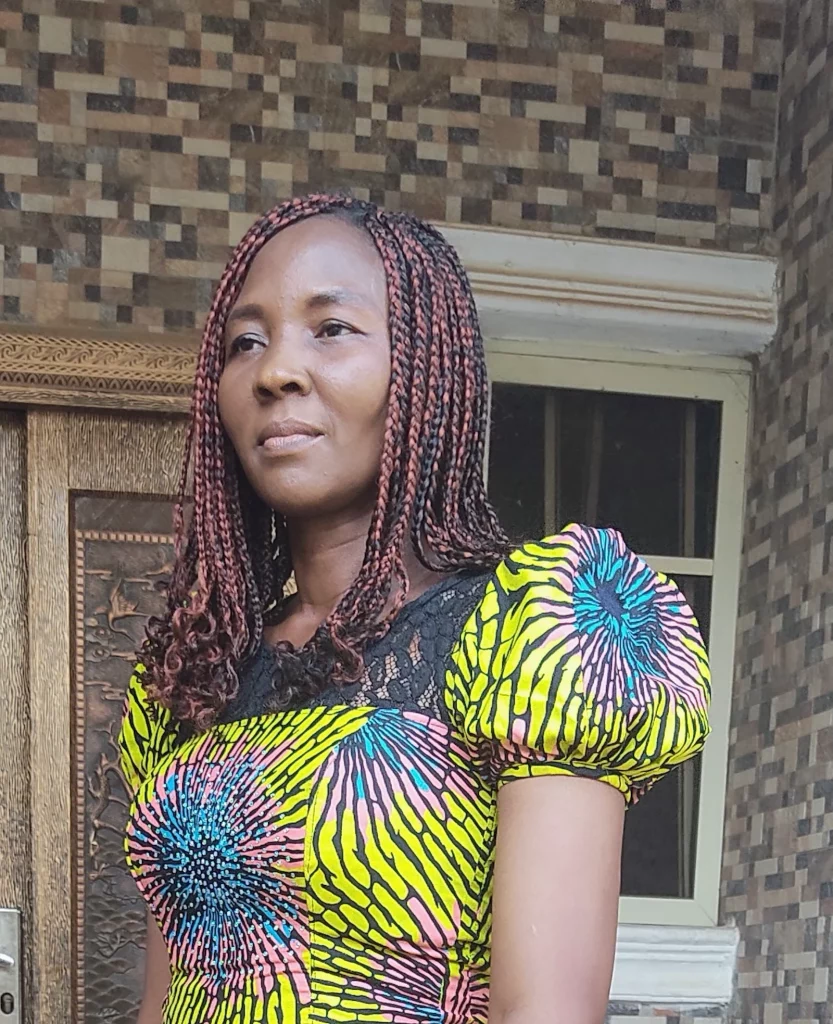
Throughout her work as the founder of the Village Farmers Initiative, she supports smallholder farmers and women-led entrepreneurship through an enabling policy framework, market linkages and infrastructural development designed to promote rural enterprise in Nigeria and Africa as a whole.
The objective of the Village Farmers Initiative is to scale up traditional ecological knowledge for sustainable agriculture transformation, ecosystem restoration, climate change adaptation, and rural economic development. In partnership with Maklumy Technology Services Limited, the Village Farmers Initiative focuses mainly on the conservation of indigenous food heritages and Africa’s food sovereignty with innovative technology, initiatives, entrepreneurship and international trade.
“Anything that has to do with making a better society and impacting positively on humanity, especially when it comes to the vulnerable people and those at the bottom of the pyramid, easily attracts my attention.”
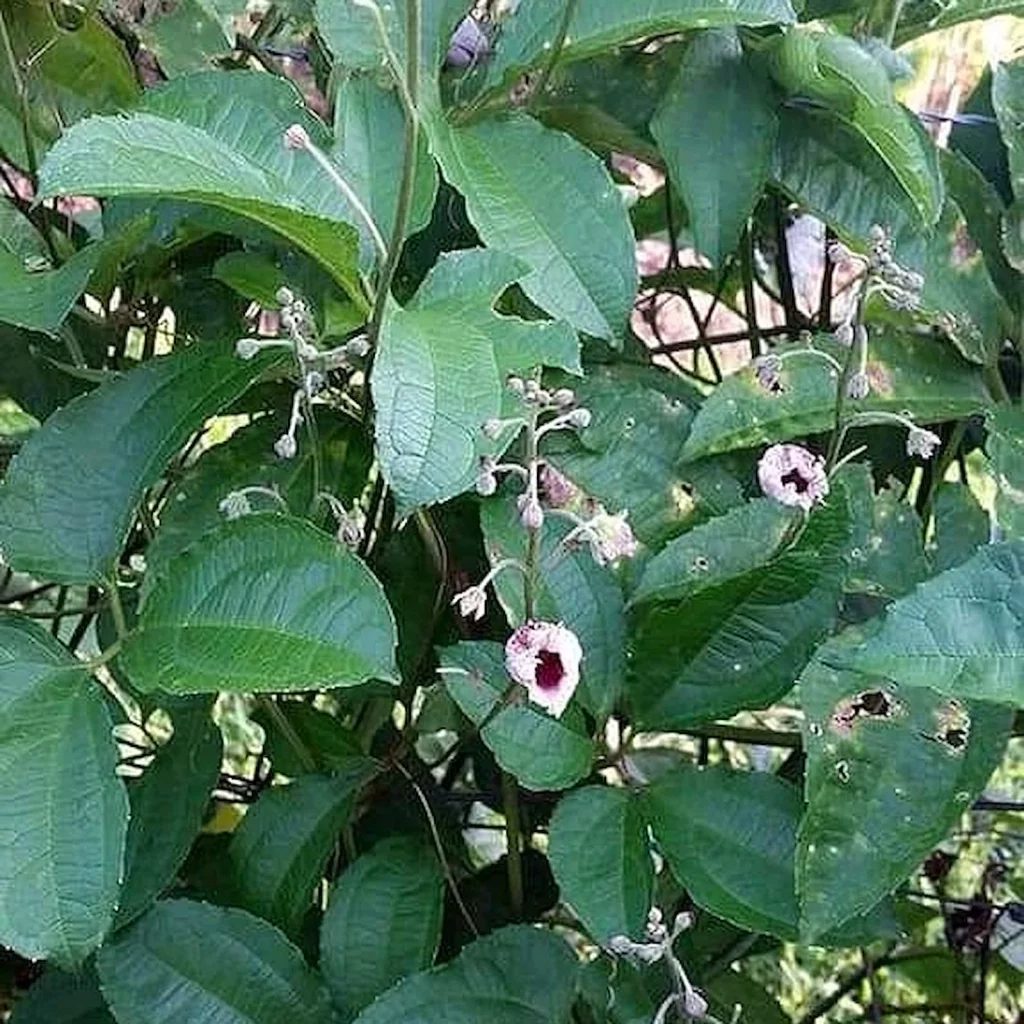
To pursue her goal of achieving a more equitable society for Indigenous Peoples in Nigeria, Asikaralu enrolled in the course “Indigenous Peoples at the United Nations: Project Access Online” offered by UNDP and Tribal Link Foundation to learn how to advocate for her own people and expand her knowledge of the rights of Indigenous Peoples on a global scale. This self-paced course describes the pathways through which Indigenous Peoples can participate in and utilize the various bodies and mechanisms of the United Nations to advocate for their rights and engage their voices in high-level decision-making processes. Indigenous Peoples live closely to nature and have gained traditional ecological knowledge over millennia that can address our planet’s most critical challenges on a global scale. If Indigenous Peoples become more involved in global decision making, we can better achieve a sustainable agricultural food system.
“2020 was a double hazard year for the Anam people; the climate crisis and the COVID-19 pandemic have been devastating to our environment and livelihoods.”
This course was meaningful to Asikaralu because the Anam people have been among the many socially and economically disadvantaged groups that comprise those living in poverty. They have disproportionately experienced the impacts of the worsening climate crisis and other humanitarian emergencies as compared to others who call the southeastern region of Nigeria home. The COVID-19 pandemic, along with changes in land use and rapid population growth, have made the hardships faced by the Anam so apparent that Nigerians like Asikaralu can no longer ignore the urgent need to transform the current system of farming and agriculture for the sake of increasing food security.
“We have to go back to the Indigenous Peoples who are the original custodians to help us safeguard Mother Nature.”
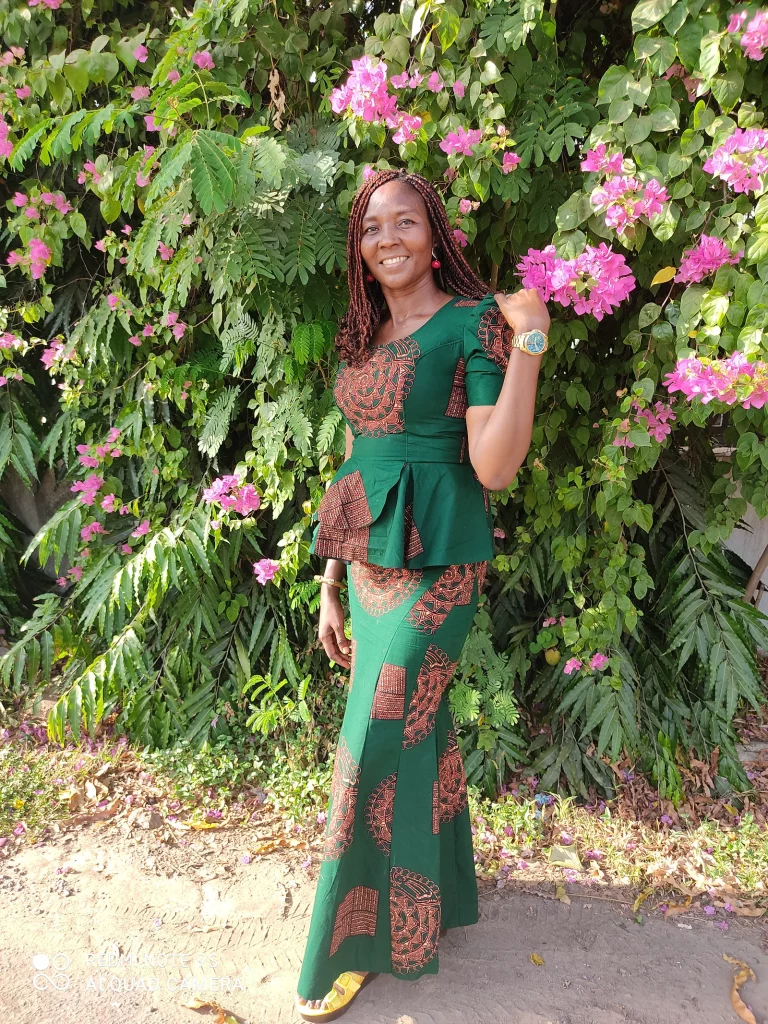
The course equipped Asikaralu with the knowledge of how Indigenous Peoples can participate in multi-stakeholder forums where decisions on issues that affect their human rights, lands, resources, cultures, and livelihoods are being made. In particular she found the lecture “Engaging with the Convention on Biological Diversity (CBD)” by Q”apaj Choque to be incredibly useful in explaining how multiple articles of the CBD enumerates the inclusion of Indigenous Peoples in the exchange of traditional ecological knowledge, as well as access and benefit sharing. Asikaralu also enjoyed the lecture on the “UNDP Equator Initiative” by Martin Sommerschuh which helped her to understand how UNDP offers opportunities and resources that scale up the nature-based actions of Indigenous peoples, such as the annual Equator Prize.
“I am so grateful to UNDP and the Tribal Link family for making the Project Access Online course available.”
After completing Project Access Online, Asikaralu is inspired to use her knowledge gained in the course to advocate for native peoples (and women especially) to have a more prevalent role in sustainable agriculture and decision making to improve food security in her region. With land and water resources already severely strained, the essential work of Indigenous Peoples, who are safeguarding nature, should not be ignored. It is crucial to consider those who protect the soil by being mindful of their resource management practices. Agriculture and rural development should be viewed as more than merely food production — behind the business of agriculture, there is culture, heritage, and livelihoods.
“In combating climate change, we should be measuring our achievements and success level by the extent of domestication, implementation, and practice of gender-just climate action in line with global standards while being cognizant of our local realities.”
Women conduct a majority of agricultural labor in Nigeria, yet the bulk of sales profits end up in the hands of their male counterparts. Agriculture should provide a route to post-COVID resilience. Scaling up traditional ecological knowledge means investing in a brighter future of food, nutrition, agriculture and millions of livelihoods. The Village Farmers Initiative exists to strengthen and empower indigenous women and youth in the economically and socially disadvantaged communities through community enterprise development.
“Food and crop varieties inherited from our parents and grandparents have either gone [extinct] or will be extinct in the next few years.”
The Anam people have unique Indigenous wisdom for adapting to climate change and managing agrobiodiversity. In order to champion this knowledge, the Village Farmers Initiative embarks on awareness creation, educating community members and practitioners on the frontlines of air, land, and water pollution mitigation about risks and impacts of implementing solutions founded in traditional ecological knowledge. For example, Anam crops are known for their high resistance to pests and diseases and the longevity and quality of their storage life, but this Indigenous expertise is disappearing.
Together with local farmers and other collaborative partnerships, the Village Farmers Initiative works to restore Nigeria’s farmlands by boosting nature-positive food production and conservation of Indigenous food heritages through seed exchange and local selection to increase crop diversity. The organization also seeks for engagement with national policymakers and regulators to make better informed decisions about the use of natural resources for food and aquaculture production in a way that promotes human resilience and empowerment.
Traditional ecological knowledge, skills, and experiences are vital for the health of the planet, but Asikaralu believes they should be enhanced with climate resilient technologies, digital tools and ICT to have a holistic picture of weather intelligence, risk communications and perceptions. For example, the implementation of hydrological hazard structures such as dams and reservoirs, which are multipurpose in nature, have the most effective chance to mitigate environmental risk and provide irrigation facilities that will increase agricultural productivity and contribute to sustained food security. In terms of conserving our primary sources of protein, fish stock, and other aquifers in aquaculture, the establishment of caged fish farming on wild river systems can assist in proper utilization of our natural resources. Asikaralu also places heavy emphasis on curbing food waste with post-harvest loss handling and management, including a plan to initiate “waste-to-wealth” projects from farm residues and renewable energy with water hyacinths floating our rivers that causes obstructions on our waterways.
To scale up the traditional knowledge of the Anam people and sustain their livelihoods, Asikaralu is determined to increase advocacy surrounding Indigenous ecological knowledge to elevate local voices in implementing sustainable solutions towards a healthier, more equitable food system in Nigeria. She plans to use the knowledge she gained from the course to increase the prevalence of Indigenous knowledge and techniques in Nigerian agricultural practices and further advocate for the importance of biodiversity preservation through practices that stem from the needs of and directly benefit local communities.
If you are interested in gaining a deeper understanding of the history and impact of Indigenous Peoples’ advocacy at the United Nations, register for the self-paced course “Indigenous Peoples at the United Nations: Project Access Online” here.
We look forward to learning with you!
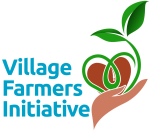
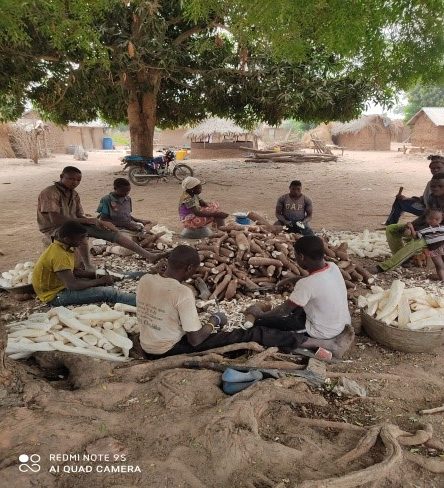
I was very happy to uncover this great site. I need to to thank you for your time for this particularly wonderful read!! I definitely loved every little bit of it and I have you book marked to see new information on your web site.
You ought to take part in a contest for one of the greatest blogs on the web. Im going to highly recommend this site!
Thanks for your blog, nice to read. Do not stop.
Thanks for your blog, nice to read. Do not stop.
Id like to thank you for the efforts youve put in writing this website. I really hope to see the same high-grade blog posts from you in the future as well. In truth, your creative writing abilities has motivated me to get my own, personal site now 😉
Greetings! Very helpful advice within this post! Its the little changes that produce the greatest changes. Thanks for sharing!
Itís hard to come by well-informed people in this particular topic, but you sound like you know what youíre talking about! Thanks
Very nice post. I definitely appreciate this site. Stick with it!
Very good write-up. I definitely love this website. Continue the good work!
A motivating discussion is definitely worth comment. Theres no doubt that that you need to write more on this subject matter, it may not be a taboo matter but generally folks dont discuss such subjects. To the next! Kind regards!!
It is actually a great and useful piece of information. I’m satisfied that you just shared this useful info with us. Please keep us informed like this. Thank you for sharing.
Good day! Do you know if they make any plugins to assist with SEO? I’m trying to get my blog to rank for some targeted keywords but I’m not seeing very good success. If you know of any please share. Many thanks!
This is really fascinating, You’re a very professional blogger. I have joined your rss feed and stay up for in quest of more of your great post. Also, I have shared your site in my social networks!
very nice post, i surely really like this excellent website, continue it
I really like what you have acquired here, certainly like what you are stating and the way in which you say it.
Hi there, just became aware of your blog through Google, and found that it is really informative. I’m going to watch out for brussels. I’ll appreciate if you continue this in future. Many people will be benefited from your writing. Cheers!
Thanks for sharing this information. I found this information very useful. That’s a good blog post. I will return to read more posts.
“Thanks so much for this! I have not been this moved by a blog for a long time!”
Sorry for the huge evaluation, but I am actually caring the brand new Zune, and hope this particular, along with the superb evaluations some other folks wrote, can help you determine if it’s the appropriate choice for you.
Quality content is the key to invite the visitors to go to see the web page, that’s what this web page is providing.
We are a group of volunteers and opening a new scheme in our community. Your web site given us with valuable information to work on. You’ve done an impressive job and our entire community will be grateful to you.
Perfect work you have done, this website is really cool with excellent information.
Thank you very much.